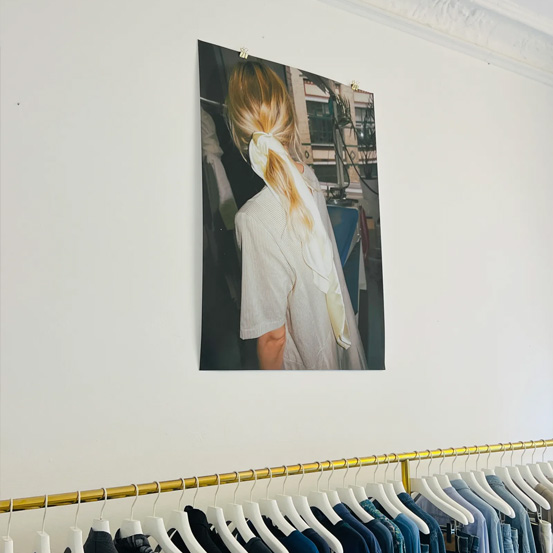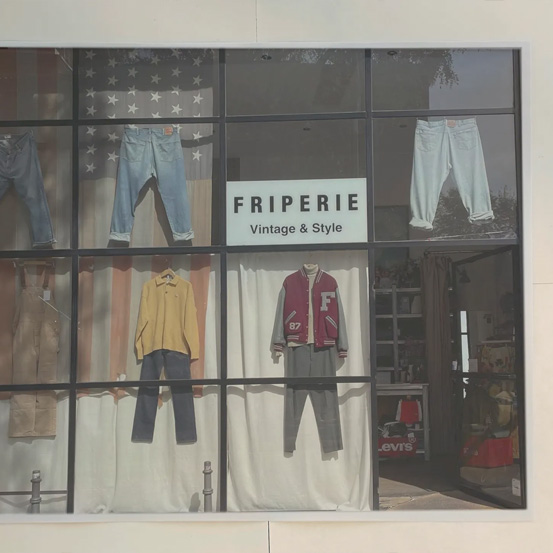The main secret in making mistakes of the good kind is not to hide them - especially from ourselves, like Dostoevsky said.
The beauty of error. The art of imperfection.

Fotografia: Marcus Cooper
Fotografia: Marcus Cooper
In the ancient Buddhist tea ceremony, tea is served only in irregular, cracked, dented, imperfect cups. Cups are respected for their flaws, for their history, reminding those who drink from them that everything is constantly changing towards decay. Wabi-sabi, the ancient oriental artistic philosophy, rooted in Buddhism, is fundamentally based on the principle that beauty is a mirror of nature. And that nothing is perfect, ever. Nor complete. Nor permanent. Despite the Greco-Roman odes to symmetry and perfection, the notion of beauty that lies in errors was also part of Western philosophy, literature and aesthetics. Poets wrote about the inevitable (dis)orders of life, which break us, and about the rebirth of forces that solidify in fractures (Ernest Hemingway). Like the beauty of the light that enters through a crack (Leonard Cohen). Like the imperfection that inspires the spark of creation and imagination (Jhumpa Lahiri). Even the imperfect physical objects that surround us can become symbols in our relentless search for the meaning in life. Thinkers like Kant, for example, have praised the qualities of objects, or even buildings, centered on virtue - and how their beauty can be a reflection of the human virtues of those who created them or who own them. Perhaps that is why that worn out quilt knitted by our grandmother, and those love notes scribbled by our children, the bent corners of a book or a simple rock polished by time can become our most special treasures. Because despite their imperfections, these objects somehow enhance our ability to feel, to connect, to love.

Fotografia: Marcus Cooper
Fotografia: Marcus Cooper
We all make mistakes, but the perfectionist within us has a hard time giving out his forgiveness. He judges himself and others severely, thanks to the ill-fated expectations imposed on us by society, which are almost always too steep. The main secret in making good mistakes is not to hide them - especially from ourselves, like Dostoevsky said. Instead of plunging into the denial of mistakes, we must deepen them, observe them as if they were works of art, because, in a way, they are. And if we use them to learn, they can be the passport to a successful future attempt. Accepting imperfection is a powerful tranquilizer, more effective than the tons of anxiolytics consumed by the majority of the world's population. Mistakes are not just learning opportunities; they are the only opportunity to do something really new. To make mistakes is necessary. Biological evolution continues in a great and inexorable process of trial and error - and without errors, attempts would achieve nothing. Evolution is the central process, not only of life, but also of knowledge, learning and understanding. It is no use trying to make sense of the world of ideas, nor to give meaning to free will and morality, to art and science, and even to philosophy itself, without a sense of what evolution is. For evolution, which knows nothing, the steps towards novelty are taken blindly by mutations, which are “perfect mistakes” of random copies in DNA.
Growth and deterioration are the natural order of things. It would be perfect for all of us to learn to love life's cracks and dents in a fuller way. We may be attracted to what is beautiful ... but the real, the truthful, is what is truly beautiful. And the real is, and always will be, perfectly imperfect. Appreciating the passage of time and recognizing the impermanence of the world around us comes in shades of melancholy, because even happiness, closely examined, has its wrinkles and edges. But there is also a relief. A release when we are no longer hostages to perfection. A resilience, a commitment to continue to find beauty in the most unexpected places. Accepting imperfection makes room for love. For others, for ourselves. Love for our virtues and scars, strengths and vulnerabilities. Social media convinced us to seek perfection. We feel that our bodies, our homes, our jobs and our families must be ready for the cameras, perfect at every moment, leading to a continuous state of frustration and dissatisfaction - since, as we all know, perfect perfection is a lie. Beauty lies in the authenticity of the object or the moment. The miraculous is usually the mundane ... the vivid lines of expression, the rust on the structure of an abandoned carousel, the stretch marks of a body that has generated life, a favorite coat with a hole on its sleeve, a deformed but tasty tomato. It is necessary to slow down to wake up to beauty, magic, even those that are lost in the chaos around us. This beautiful, perfectly imperfect disorder is life. Don't miss it. Life, like us, doesn't have to be perfect to be wonderful.

Photography by Léa Wormsbach.
Photography by Léa Wormsbach.
Originally published on The Beauty of Imperfection issue, from november 2020.Para a versão portuguesa, clique aqui.
Most popular

Tendências do guarda-roupa das nossas mães e avós que regressam na primavera/verão de 2024
19 Apr 2024

Tudo o que deve saber sobre a Met Gala de 2024: Tema, anfitriões e muito mais
18 Apr 2024
Relacionados

.png)



